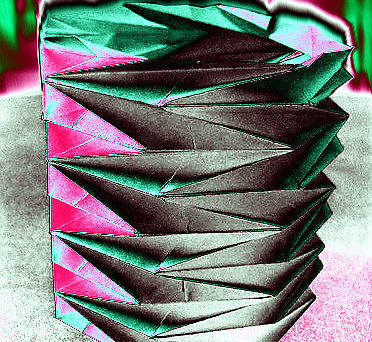Army backs tiny 'bots
 The US Army has funded a new fleet of nanosized, foldable robots.
The US Army has funded a new fleet of nanosized, foldable robots.
Cornell University researchers have used military funding to create micron-sized shape memory actuators that fold themselves into 3D configurations with just a quick jolt of voltage. Once the material is bent, it holds its shape, even after the voltage is removed.
To demonstrate the technology, the team created what is potentially the world’s smallest self-folding origami bird.
“The research team is pushing the boundary of how quickly and precisely we can control motion at the micro- and even nano-scales,” said Dr Dean Culver, program manager for Complex Dynamics and Systems at Army Research Office, an element of the US Army Combat Capabilities Development Command, known as DEVCOM, Army Research Laboratory.
“In addition to paving the way for nano-robots, the scientific advancements from this effort can enable smart material design and interaction with the molecular biological world that can assist the Army like never before.”
The research may result in future applications 10 to 20 years from now, Dr Culver said.
The researchers say their work could make it possible for a million fabricated microscopic robots, released from a wafer, to fold themselves into shape, crawl free, and go about their tasks, even assembling into more complicated structures.
More details are accessible here.







 Print
Print